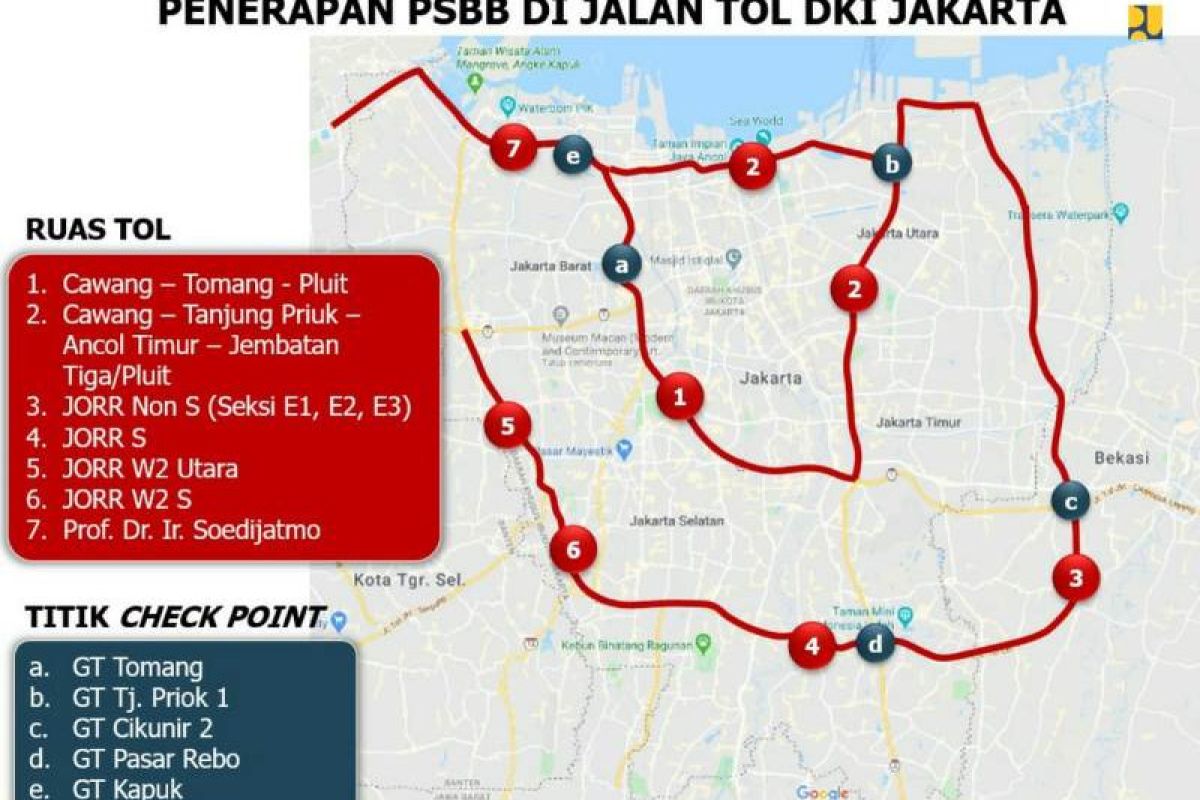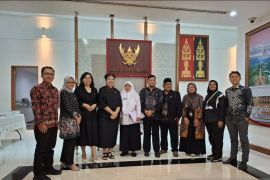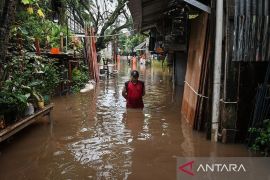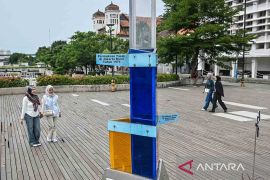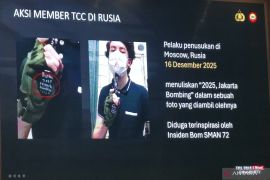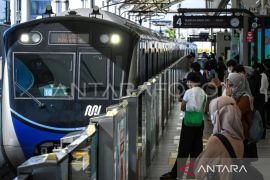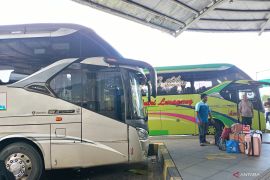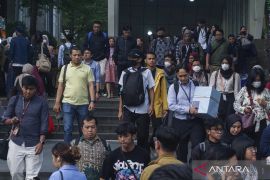Local movements within the megapolitan areas of Jakarta, Bogor, Depok, Tangerang, and Bekasi as well as freight distributions dominate the flow of trafficJakarta (ANTARA) - Implementation of large-scale social restrictions in Jakarta, Bogor, Depok, Tangerang, and Bekasi has caused a 42-60 percent drop in traffic flows on toll roads within these cities, the Public Works and Housing (PUPR) Ministry stated.
"Local movements within the megapolitan areas of Jakarta, Bogor, Depok, Tangerang, and Bekasi as well as freight distributions dominate the flow of traffic," the ministry revealed in a press statement that ANTARA received here, Tuesday.
In Jakarta, the government's large-scale social restrictions are imposed on the toll road sections of Cawang – Tomang – Pluit; Cawang – Tanjung Priuk – Ancol Timur – Jembatan Tiga/Pluit; JORR Non S (Section E1, E2, E3); JORR S, JORR W2 Utara, JORR W2 S, and Prof. Dr. Ir. Soedijatmo.
The ministry pointed out that an average drop of 42 percent was recorded in the flow of traffic on Jakarta's toll road sections, except on the Prof. Sedijatmo toll road section, where a 57-percent decline was observed.
In Banten Province, the large-scale social restriction policy is being enacted at the Jakarta-Tangerang and Tangerang-Merak toll road sections, thereby resulting in a drop of around 37 percent in traffic flows there.
However, a decline of 60 percent was recorded on the Kunciran – Serpong toll road owing to the checkpoints that the local police set up at the exit toll gate of Serang Barat, Serang Timur, Cilegon Timur, Cilegon Barat, and Merak.
In West Java Province, large-scale social restrictions are enforced on the toll road sections of Jakarta – Bogor – Ciawi; Jakarta – Cikampek; Jakarta – Cikampek (elevated); Cikampek – Padalarang; and Padalarang – Cileunyi.
The highest decline in traffic flows in West Java was recorded at the Jakarta-Cikampek toll road section, reaching some 60 percent.
In breaking the chain of the novel coronavirus disease (COVID-19), the government has officially banned homebound travel, or locally known as "mudik," during the fasting month of Ramadhan and Idul Fitri holiday seasons.
The government officially implemented the “mudik” ban at 00:00 hrs Western Indonesia Time (WIB) on Friday, April 24, 2020. The ban excludes the movement of logistics, drugs, officers, fire engines, ambulances, and hearses.
As stipulated in the Minister of Transportation's Regulation on Transportation Control during the Idul Fitri 1441 H Mudik, public vehicles, private vehicles, and motorbikes are banned from entering and departing from regions enacting the Large-Scale Social Distancing (PSBB) measures and regions demarcated as COVID-19 red zones, such as Jakarta, Bogor, Depok, Tangerang, and Bekasi.
The ban will be in place until May 31, 2020, for land transportation; June 15, 2020, for railway transportation; June 8, 2020, for sea transportation; and, June 1, 2020, for air transportation. Related news: Congregational prayers should not be performed in COVID-19 red zones
Related news: Jakarta reports 3,832 coronavirus cases, 338 recoveries
EDITED BY INE
Translator: Aji C, Rahmad Nasution
Editor: Fardah Assegaf
Copyright © ANTARA 2020
